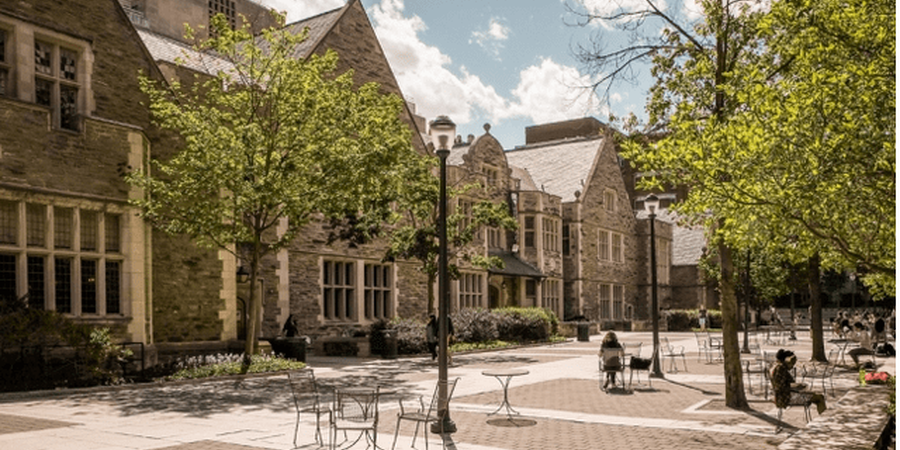PENNSYLVANIA STATE - Philadelphia, Pennsylvania, a city synonymous with American history, is also home to an institution that holds a unique place in the annals of higher education: the University of Pennsylvania (Penn). Founded in 1740, Penn is not only the oldest college in Pennsylvania but also one of the oldest and most prestigious universities in the United States. With roots stretching back to the colonial era and a legacy shaped by the vision of Benjamin Franklin, Penn has consistently been at the forefront of innovation, education, and service.
The University of Pennsylvania: A Legacy of Innovation and Education
This article explores the history, founding principles, and enduring impact of the University of Pennsylvania.
A Colonial Vision: Benjamin Franklin and the Founding of Penn
The University of Pennsylvania's origins are intertwined with the life and ideals of Benjamin Franklin, one of America's Founding Fathers. In 1749, Franklin published his influential essay, "Proposals Relating to the Education of Youth in Pensilvania," outlining his vision for a new kind of educational institution, one focused on practical knowledge and public service, rather than solely on religious training (Source: University of Pennsylvania Archives, writings of Benjamin Franklin). Building on this vision, Franklin and a group of fellow Philadelphians established the Academy and Charitable School of the Province of Pennsylvania in 1740. In 1755, it was rechartered as the College of Philadelphia. It finally became known as the University of Pennsylvania in 1779. While other colonial colleges existed, Penn's unique focus on practical education and its non-sectarian approach (unusual for the time) set it apart.
Benjamin Franklin's Influence: Shaping Penn's Mission
Benjamin Franklin served as the first president of the College of Philadelphia until 1755, leaving an indelible mark on the institution's character and mission (Source: Biographies of Benjamin Franklin, University of Pennsylvania historical records). He championed a curriculum that emphasized both classical learning and practical skills, preparing students for leadership roles in business, government, and public service. This pragmatic approach, rooted in Enlightenment ideals, distinguished Penn from its contemporaries.
An Ivy League Institution: Academic Excellence and Innovation
Today, the University of Pennsylvania is a globally recognized Ivy League institution, renowned for its academic rigor, its groundbreaking research, and its commitment to innovation. Penn consistently ranks among the top universities in the United States and the world, attracting exceptional students and faculty from across the globe (Source: U.S. News & World Report college rankings, other university ranking publications).
Key Strengths: Business, Law, and Medicine
While Penn offers a comprehensive range of academic programs, it's particularly renowned for its strengths in specific fields:
- The Wharton School: Penn's business school, consistently ranked among the best in the world, is known for its rigorous curriculum, its influential faculty, and its strong alumni network.
- Penn Law School: One of the oldest and most prestigious law schools in the U.S., Penn Law has a long tradition of producing leading legal scholars and practitioners.
- Perelman School of Medicine: Penn's medical school is a pioneer in medical research and education, consistently ranking among the top medical schools in the nation.
A Legacy Rooted in Philadelphia's History
The University of Pennsylvania's history is deeply intertwined with the history of Philadelphia and the United States. Its campus, located in West Philadelphia, is a blend of historic buildings and modern facilities, reflecting the university's evolution over centuries. Its presence in Philadelphia has contributed significantly to the city's intellectual, cultural, and economic vitality.

 Share This Article on Social Media
Share This Article on Social Media
Sources:
- University of Pennsylvania Archives
- Writings of Benjamin Franklin ("Proposals Relating to the Education of Youth in Pensilvania")
- Biographies of Benjamin Franklin
- University of Pennsylvania historical records
- U.S. News & World Report college rankings
- Wharton School website
- Penn Law School website
- Perelman School of Medicine website


